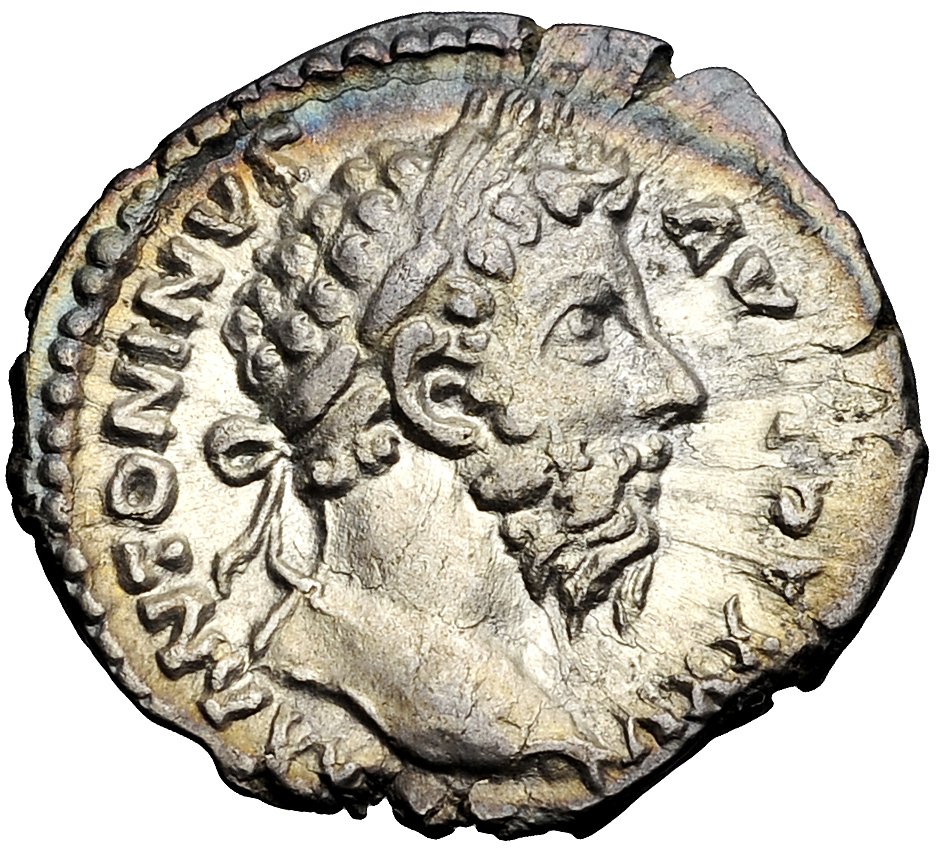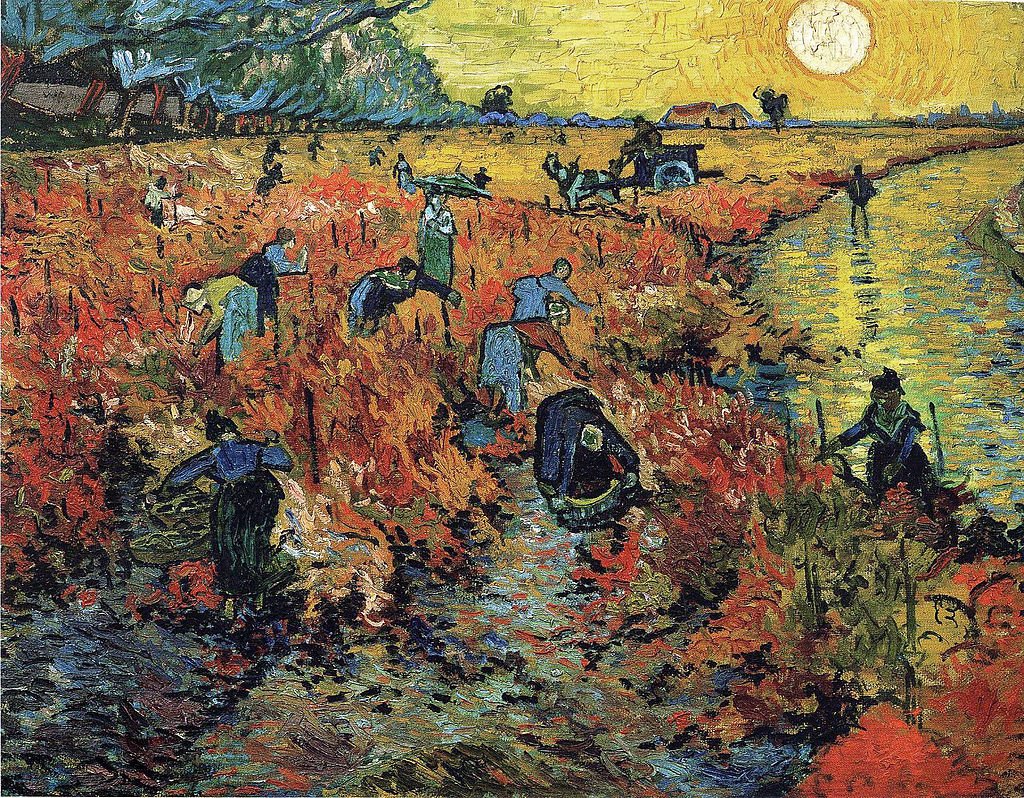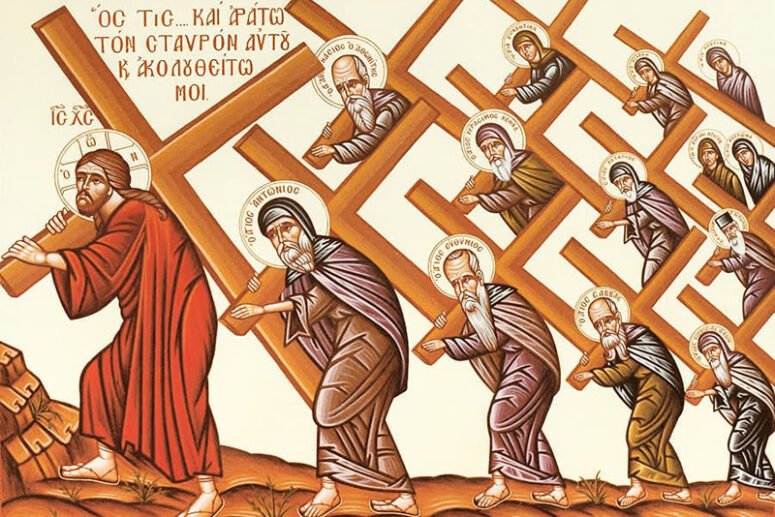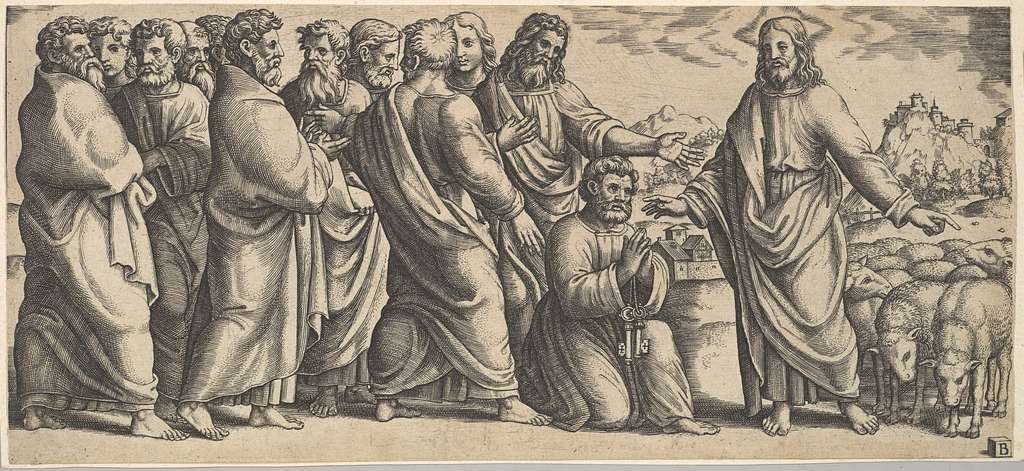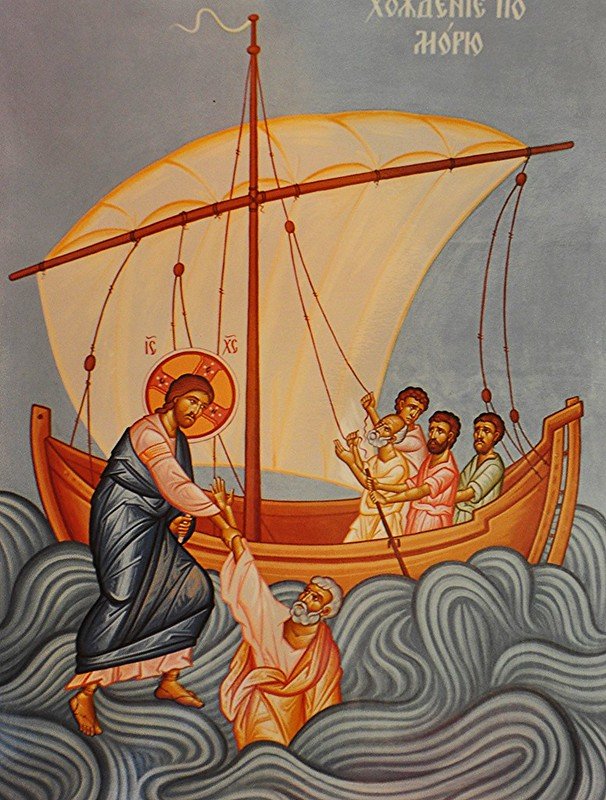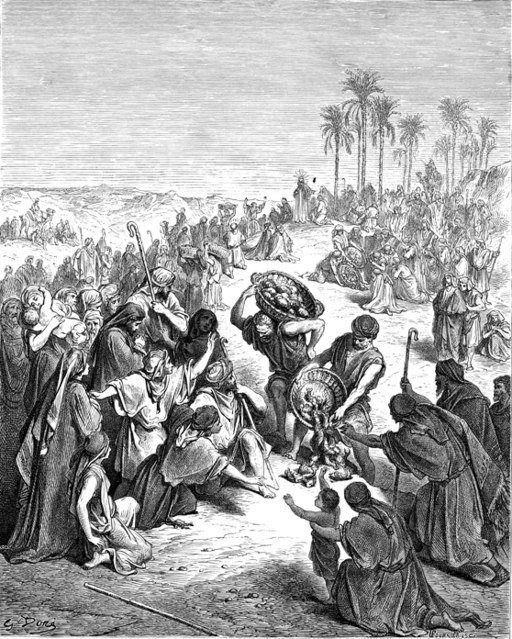What were the Magi following? Was it just an ordinary star? What were the Magi? How did the star lead them to the exact house where the Holy Family were? Father Jeremiah explores these questions in his sermon on Matthew 2:1-12
Image: Adoration of the Magi (detail), Gentile de Fabriano, Public domain, via Wikimedia Commons








